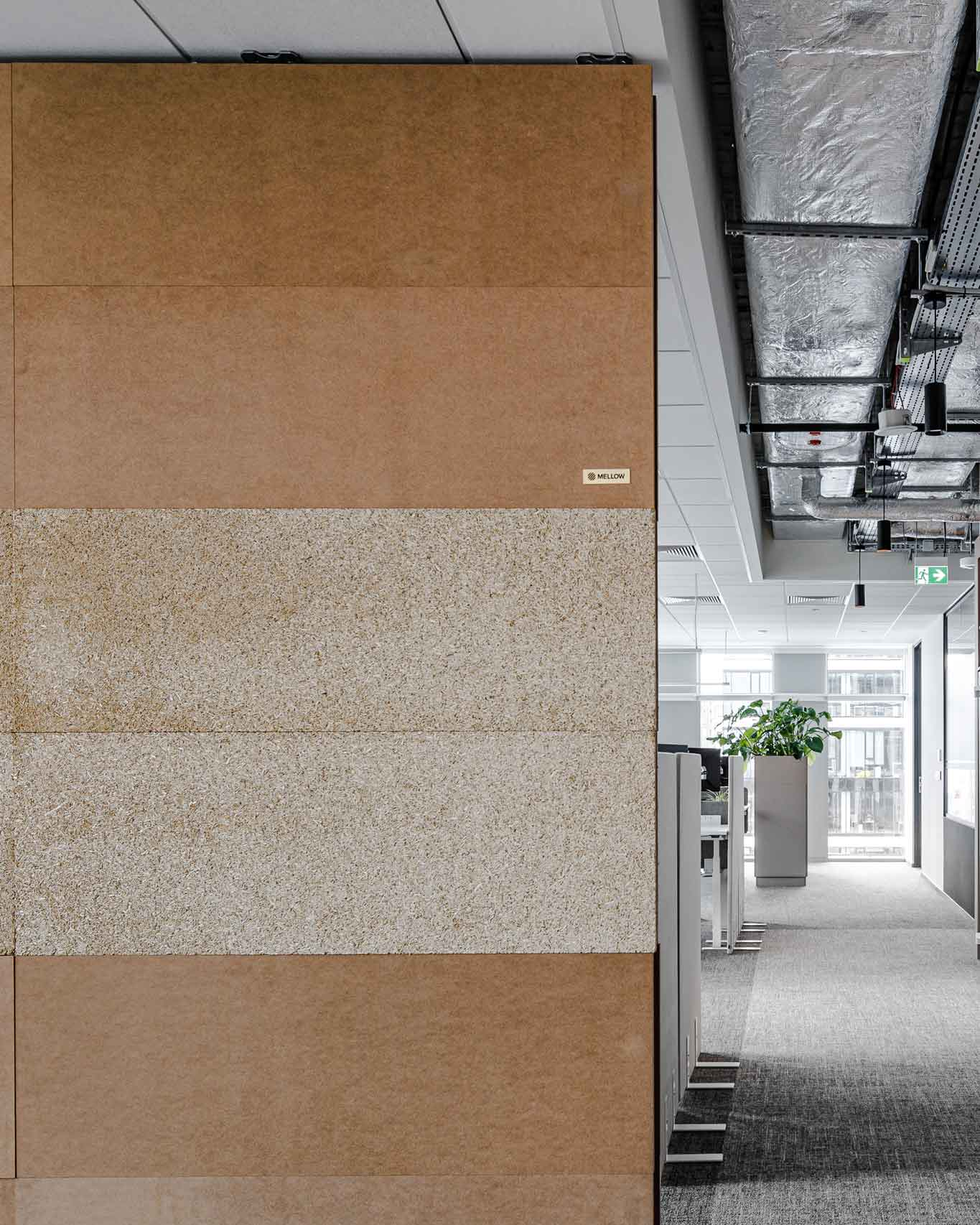
Sweden’s Eco-Trial: Why the Circular Economy Matters Now More Than Ever
Author: Ida Arnegärd
As environmental risks grow, waste reduction and responsible waste management practices are more critical than ever. Poor waste management has serious consequences, yet effective waste reduction is both achievable and beneficial for businesses and communities. In this post, we explore how adopting a circular economy approach and sustainable waste management practices can not only protect the environment but also offer strategic benefits for industries where resource efficiency and adaptability are key.
Why Reducing Waste Matters—for People and Businesses
Waste isn’t just an environmental issue; it has far-reaching impacts on economics, public health, and business reputation. This is particularly relevant for industries that rely on physical resources, equipment, and supplies. Sustainable waste management practices can offer clear benefits, including cost reduction, operational efficiency, and improved brand reputation. Here’s how businesses can view waste reduction as a means to advance their long-term success.
Cost Efficiency: Reducing Long-Term Expenses Through Sustainability
A primary advantage of sustainable waste reduction is the potential for significant cost savings. By adopting the right practices, companies can cut down on the expense of purchasing new materials and waste disposal fees. For instance, choosing reusable or recyclable items is a cost-effective strategy to reduce operational expenses. In addition, by reducing the need for frequent replacements, companies can invest in higher-quality, long-lasting resources that deliver savings over time.
Enhanced Brand Reputation and Public Trust
Today, consumers and clients increasingly value sustainability, making practices like recycling, waste reduction, and the use of eco-friendly materials a strong differentiator. A commitment to responsible waste management communicates values that resonate with eco-conscious audiences, making clients and customers more likely to engage with a brand that prioritizes sustainability. Sustainable waste practices can elevate public perception and help businesses attract a loyal customer base that values environmental responsibility.
Expanded Options and Greater Adaptability
Sustainable practices often bring greater flexibility to businesses. For example, investing in reusable setups or durable materials allows companies to adapt spaces or equipment quickly without the need for frequent replacements. This adaptability not only enhances operational efficiency but also enables businesses to better cater to a variety of client needs.
Embracing the Circular Economy: A Sustainable Approach to Waste Management
The circular economy model is focused on extending the life cycle of resources through reuse, refurbishment, and recycling. For businesses that work with physical resources, equipment, or supplies, adopting a circular economy approach can support sustainable waste management practices that reduce waste while maximizing efficiency.
How Circular Economy Practices Benefit Businesses
Less Downtime, Faster Setups: Reusable resources allow for quicker transitions, reducing downtime between projects and allowing for seamless operations that enhance productivity.
Long-Term Cost Savings: Although sustainable materials may sometimes carry a higher initial cost, their durability and reusability make them more economical over time. Reduced waste disposal fees, fewer frequent purchases, and cost-effective, quality materials help companies save significantly.
Scalable and Flexible Resource Management: Circular practices are inherently flexible. By retaining reusable materials, businesses can meet various needs with minimal adjustments. This adaptability not only promotes waste reduction but also supports operational flexibility, opening up new opportunities.
Strengthened Brand Image in an Eco-Conscious Market: By adopting sustainable materials, reducing waste, and focusing on environmental responsibility, businesses can communicate values that resonate with eco-conscious clients. This can enhance the brand’s reputation and differentiate it from competitors, especially in markets where consumers prioritize environmentally responsible companies.
Getting Started with Sustainable Waste Practices: Tips for Businesses
Evaluate Current Inventory and Waste Levels: Assessing your resources can reveal waste reduction opportunities. Look for areas where single-use items could be replaced with reusable or recyclable options.
Set Measurable Sustainability Goals: From reducing single-use items to choosing materials with a smaller environmental footprint, setting clear sustainability goals helps guide decision-making and aligns waste reduction efforts across the organization.
Educate and Engage Staff and Clients: Effective sustainability requires a shared effort. Informing your team and clients about your waste reduction goals and sustainable practices can build support and encourage participation.
Track and Communicate Progress: Transparency builds trust. Sharing measurable waste reduction progress with clients reinforces confidence in your brand’s commitment to sustainability.
Moving Toward a Sustainable Future
The “Queen of Trash” case serves as a sobering reminder of the potential costs of poor waste management, from environmental harm to reputational damage. By contrast, companies that proactively adopt sustainable waste practices stand to gain significant advantages in cost savings, operational flexibility, and customer loyalty.
While the path to sustainable waste management may seem challenging, the benefits are clear. A circular economy approach helps businesses reduce costs, adapt to changing needs, and create positive impacts for both people and the planet. Embracing waste reduction and sustainable practices isn’t just good for business—it’s essential for a resilient future.
Partner with mellow designs for Sustainable Solutions
If you’re ready to take the next step toward a sustainable, circular approach, mellow designs can help. We specialize in circular solutions tailored for offices, events, and festivals. Our team also provides expert consulting to help you create customized waste reduction strategies that meet your business needs.
Let’s work together to make waste reduction and sustainability a core part of your operations—reach out to mellow designs and start transforming your waste management practices today.
Resources:
subscribe to our newsletter!

Latest ArtiCles


building better with adaptable partition walls

4 Responses
I’ll be coming back to this post whenever I need a refresher.
hi!
glad you felt our article is useful to you! thanks for your comment.
Ida, team mellow designs
Very interesting info!Perfect just what I was looking for!
hello!
glad you found or blog interesting!
Ida,team mellow designs